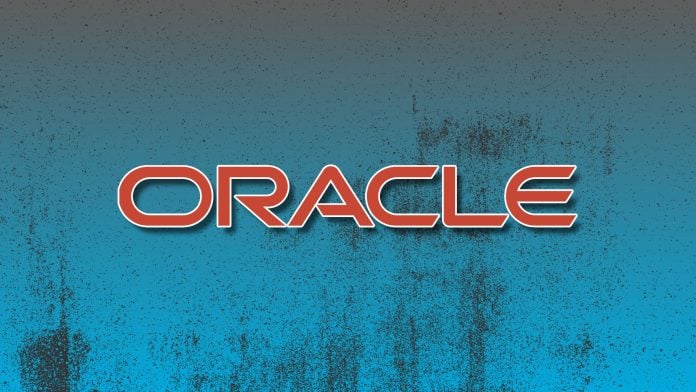The Centre for Addiction and Mental Health (CAMH) in Toronto, Canada, is taking a groundbreaking step in enhancing patient care by becoming the first hospital in the country to pilot the Oracle Health Clinical AI Agent. This innovative, AI-powered solution aims to automate the time-consuming process of clinical note generation across CAMH’s outpatient mental health clinics and programs. For small business owners in the healthcare sector, this development underscores the pressing need to adopt technologies that streamline operations while improving the quality of care.
The Oracle Health Clinical AI Agent allows physicians to focus less on paperwork and more on patient interactions, a crucial shift in mental health care where the clinician-patient relationship is paramount. “The clinician-patient relationship is central to effective mental health care,” said Dr. Tania Tajirian, chief health information officer at CAMH. By alleviating the administrative burden that can lead to clinician burnout, this technology offers a potential lifeline for healthcare providers grappling with overwhelming workloads.
Integrating the AI agent into the existing Oracle Health Foundation electronic health record (EHR) system will significantly reduce the time spent on documentation. By employing speech-to-text capabilities—upon obtaining patient consent—the AI will interpret sessions in near real-time, generating comprehensive draft notes for physician review. This capability not only streamlines the documentation process but also ensures that clinician notes are of high quality, enabling more meaningful interactions with patients.
For small business owners in healthcare, this transformation presents several practical applications. Implementing similar AI technologies could drastically cut down on administrative tasks, thus freeing up resources to enhance patient services. This approach can lead to improved patient retention rates and heightened satisfaction. Additionally, leveraging AI technology might attract clinically savvy staff who prioritize a focus on patient care over paperwork.
Yet, the deployment of AI solutions is not without its challenges. Small business owners must consider the financial implications of such investments, including licensing fees and training expenses. There may also be concerns regarding data privacy and security, especially with sensitive health information being processed by AI. Engaging with stakeholders and ensuring they understand the benefits and limitations of such technology is crucial for a smooth transition.
“The Oracle Health Clinical AI Agent supporting physicians’ work will help alleviate administrative burdens and enable quality patient care,” said Erin O’Halloran, vice president and Canada market leader for Oracle Health. This sentiment resonates powerfully for small business owners seeking to balance operational efficiency with high-quality care.
Adoption of AI technologies, such as the Oracle Health Clinical AI Agent, not only positions healthcare organizations like CAMH to enhance operational efficiency but also sets a precedent for smaller healthcare businesses. As CAMH prepares for its rollout in 2026, other organizations should carefully consider how similar innovations might optimize their workflows and patient engagement.
Healthcare is evolving at an unprecedented pace, and the adoption of AI tools is becoming essential for providers aiming to stay competitive. The CAMH initiative serves as a model for combining innovation with quality care, urging small business owners to reflect on how they can similarly leverage technology to provide better healthcare solutions.
For more details on the Oracle Health Clinical AI Agent and its functionalities, visit Oracle Health’s dedicated page.
Image Via BizSugar



